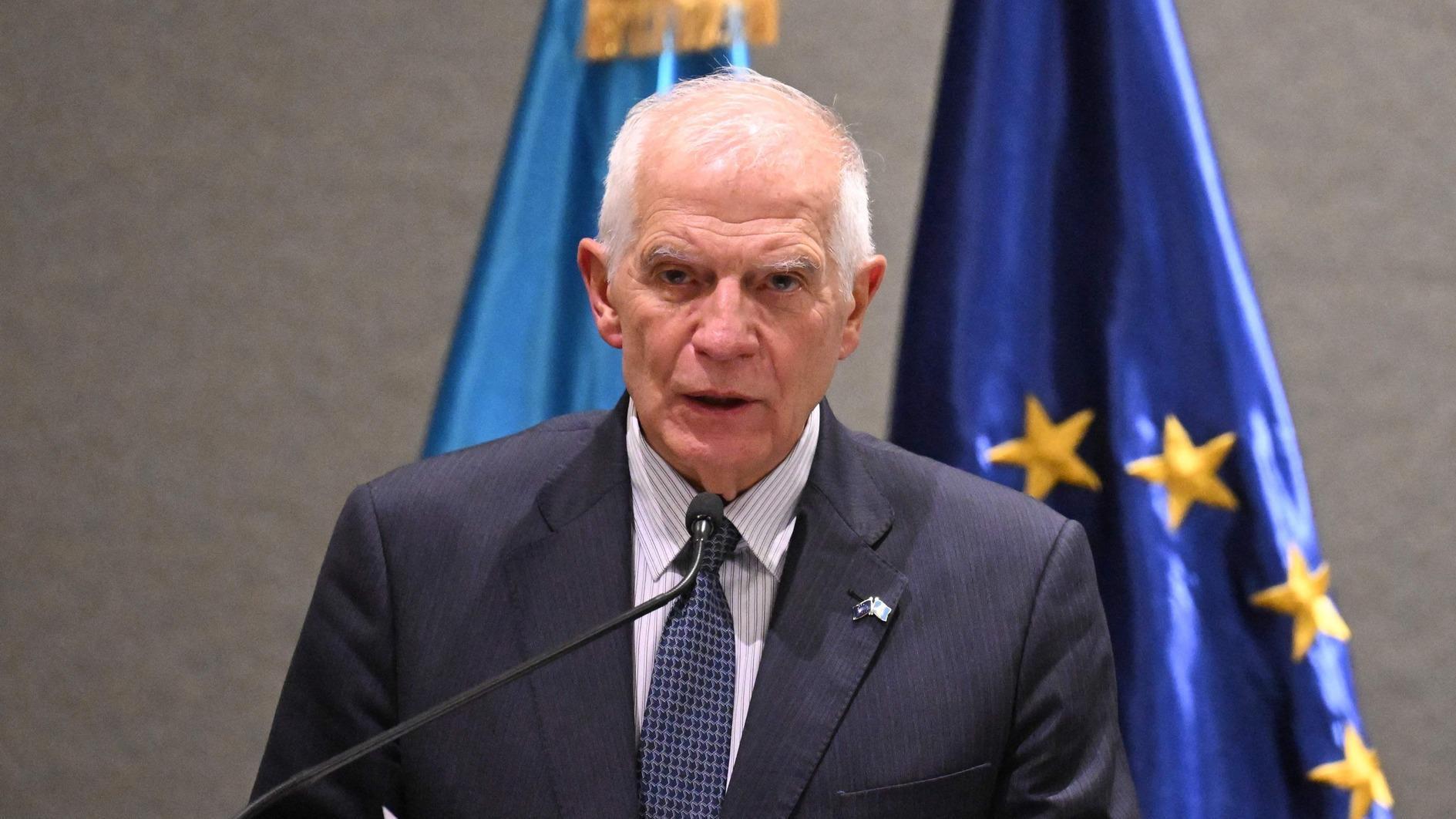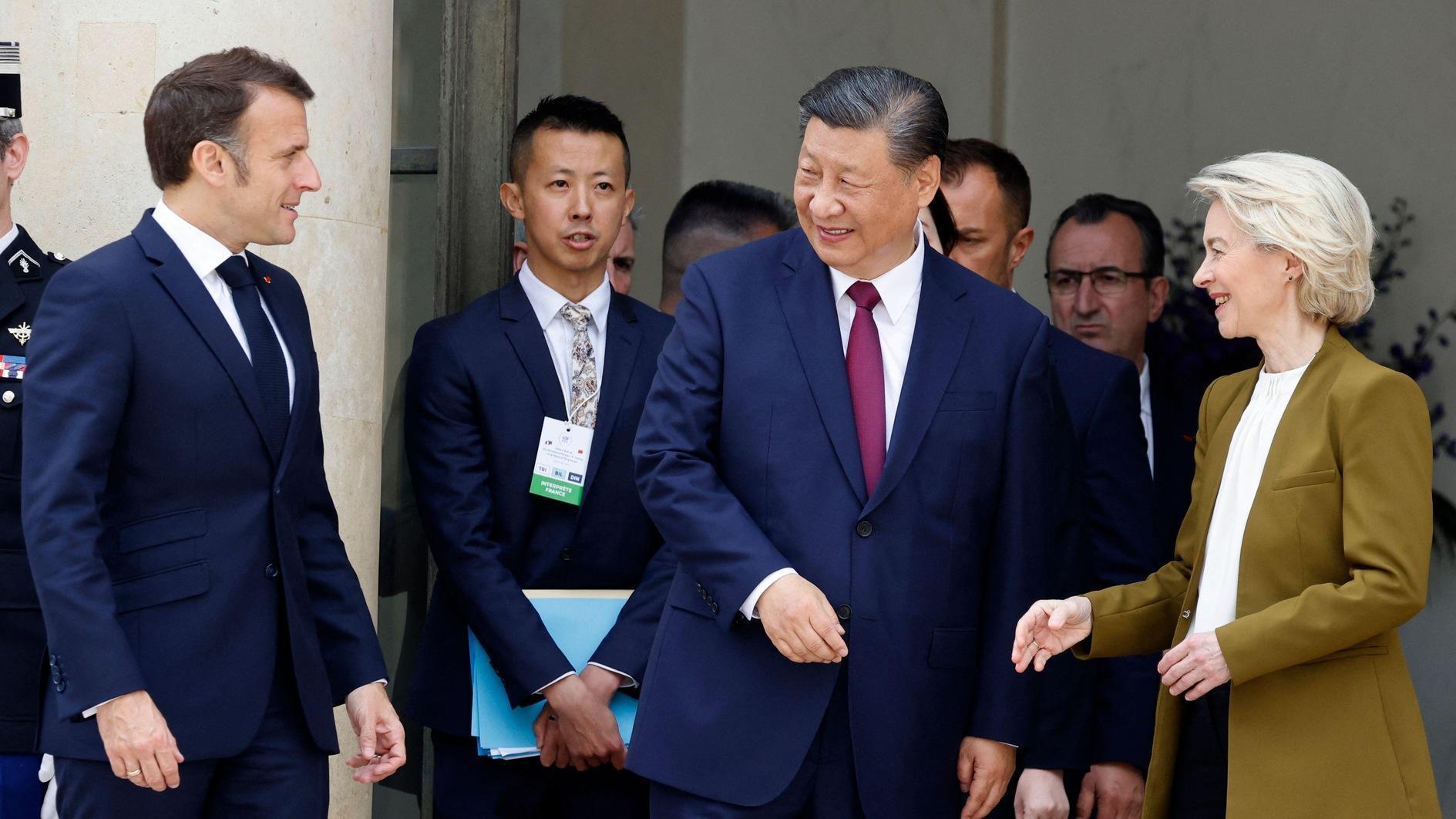‘Neo-sectarianism’ to mask struggle in Syria
ISTANBUL - Reuters
Turkey believes Damascus is now portraying the Syrian crisis as a Sunni-Shi’ite conflict to mask President Bashar al-Assad’s loss of political authority, according to a senior adviser to Prime Minister Tayyip Erdoğan.This “neo-sectarian” approach aims to rally Syrian Shi’ites to Assad’s side and explain away opposition to him by majority Sunni states in the region, İbrahim Kalın said.
But Syria’s Sunnis and Alawite sect, an offshoot of Shi’ism to which al-Assad belongs, are not fixed blocs and Turkey does not see the crisis in sectarian terms, Kalın said at a weekend conference of Muslim and Christian religious leaders from the Middle East. “The Assad regime, because it has lost its political legitimacy, is now trying to present this as a sectarian conflict,” he said. “They claim that those who oppose the Assad regime do so because they are Sunnis and they hate Shi’ites. The good news is that the vast majority of the Sunnis and Shi’ites don’t buy this argument and realize these are political decisions, not a sectarian conflict.” Kalın described as “neo-sectarianism” the growing emphasis on religious identities across the Middle East, but said these trends - while real - were still mostly secondary to the political struggles driving events in the region.
Shi’ite Iran’s staunch support for al-Assad is partly due to sectarian solidarity, but based more on flawed political assumptions, Kalın believes. “[Iran’s] calculation is that if the Assad regime is toppled, the new regime in Syria would not hold its ground against Israeli policies, which is simply wrong.”
















